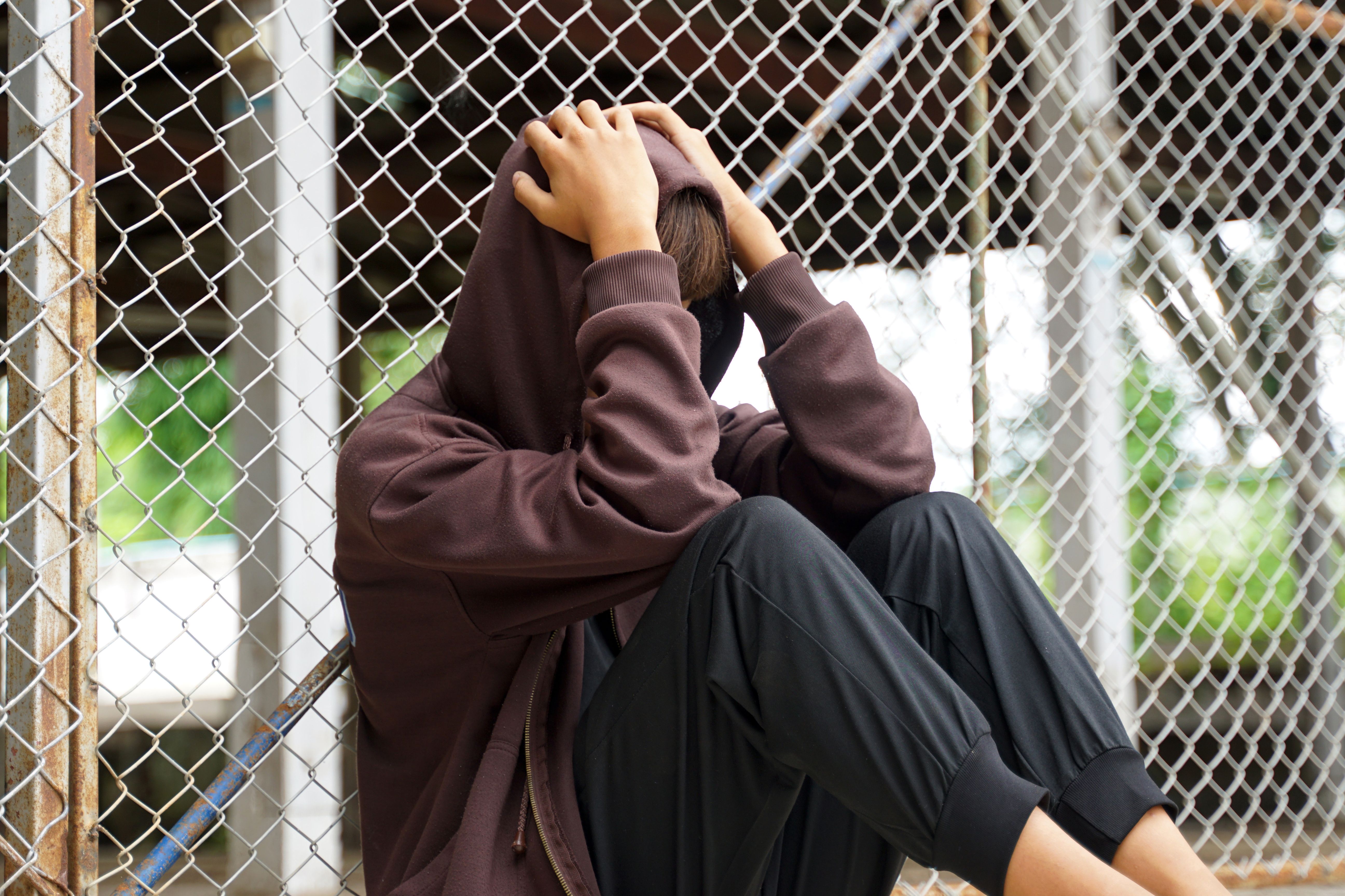Juvenile Crimes in Georgia: What Parents Need to Know About the Legal Process
July 17, 2025
JD Law Group
When a minor is accused of a crime in Georgia, the stakes are high. JD Law Group explains the juvenile justice process, potential penalties, and how our team defends young clients while protecting their future.

Seeing your child face criminal charges is every parent’s nightmare. The juvenile justice system in Georgia is different from the adult system, but the consequences for a young person—and their family—can be serious and long-lasting. At JD Law Group, we believe that children deserve a second chance and a strong defense. Our attorneys work closely with families to protect minors’ rights and futures at every step of the process.
How the Juvenile Justice System Works in Georgia
The Georgia juvenile justice system is designed to focus on rehabilitation and education, rather than punishment. However, minors can still face significant legal penalties, including detention, probation, mandatory counseling, community service, and a lasting criminal record.
Juvenile cases are typically handled in Juvenile Court for individuals under the age of 17 (or 18, depending on the nature of the offense and recent law changes). The system emphasizes privacy and often limits public access to proceedings to protect the child’s identity and future.
Common Juvenile Offenses in Georgia
Juvenile charges can range from minor infractions to very serious crimes. Some of the most common include:
- Shoplifting or theft
- Vandalism or property damage
- Underage drinking or possession of drugs
- Assault or fighting at school
- Cyberbullying or harassment
- Trespassing
For very serious offenses—such as armed robbery, drug trafficking, or violent crimes—juveniles may even be charged as adults in Superior Court, facing much harsher penalties.
The Juvenile Court Process
- Arrest or Detention:
If a minor is suspected of committing a crime, they may be taken into custody by law enforcement and referred to Juvenile Court. - Detention Hearing:
Within 72 hours, a judge will determine whether the child should remain in detention or be released to their parents or guardians while awaiting further proceedings. - Adjudication Hearing:
This is similar to a trial in adult court. Both sides present evidence, and a judge (not a jury) determines whether the juvenile committed the alleged offense. - Disposition Hearing:
If the child is found guilty, the court will decide the appropriate consequences, focusing on rehabilitation, community safety, and the minor’s best interests.
Why Early Legal Representation Matters
The stakes are high in juvenile cases. A criminal record can affect college admissions, scholarships, employment, and even future housing opportunities. Having an experienced juvenile defense attorney from the start can make a critical difference in the outcome.
JD Law Group helps by:
- Investigating the circumstances of the arrest and any potential violations of the child’s rights.
- Negotiating with prosecutors for diversion programs, reduced charges, or dismissal.
- Advocating for alternatives to detention, such as counseling, community service, or educational programs.
- Guiding families through every hearing and legal requirement.
Defending Your Child’s Rights and Future
Children and teens are still developing—and everyone makes mistakes. Our goal is to ensure that one poor decision or misunderstanding doesn’t define your child’s future. Common defenses in juvenile cases may include:
- Lack of intent or understanding of the law
- Mistaken identity or false accusations
- Unlawful search or seizure by police
- Coerced confessions or improper interrogation of a minor
We work with school counselors, social workers, and other experts to present a complete picture to the court and advocate for the most positive outcome.
Sealing and Expunging Juvenile Records
Georgia allows many juvenile records to be sealed or expunged, making them inaccessible to colleges, employers, and the general public. JD Law Group can advise you on eligibility and guide you through the process to protect your child’s privacy and opportunities.
What Parents Should Do
If your child is accused of a crime in Georgia:
- Stay calm and supportive—remind your child of their right to remain silent.
- Do not allow police or investigators to question your child without a lawyer present.
- Gather all documents, communications, and information related to the case.
- Contact an experienced juvenile criminal defense attorney immediately.
Contact JD Law Group for Help
Juvenile criminal cases are urgent and emotional—but you don’t have to face them alone. JD Law Group is here to defend your child’s rights, minimize consequences, and give your family the best possible chance for a fresh start.
Contact us today for a confidential consultation and learn how we can help protect your child’s future.
Article written by
JD Law Group LLC.
